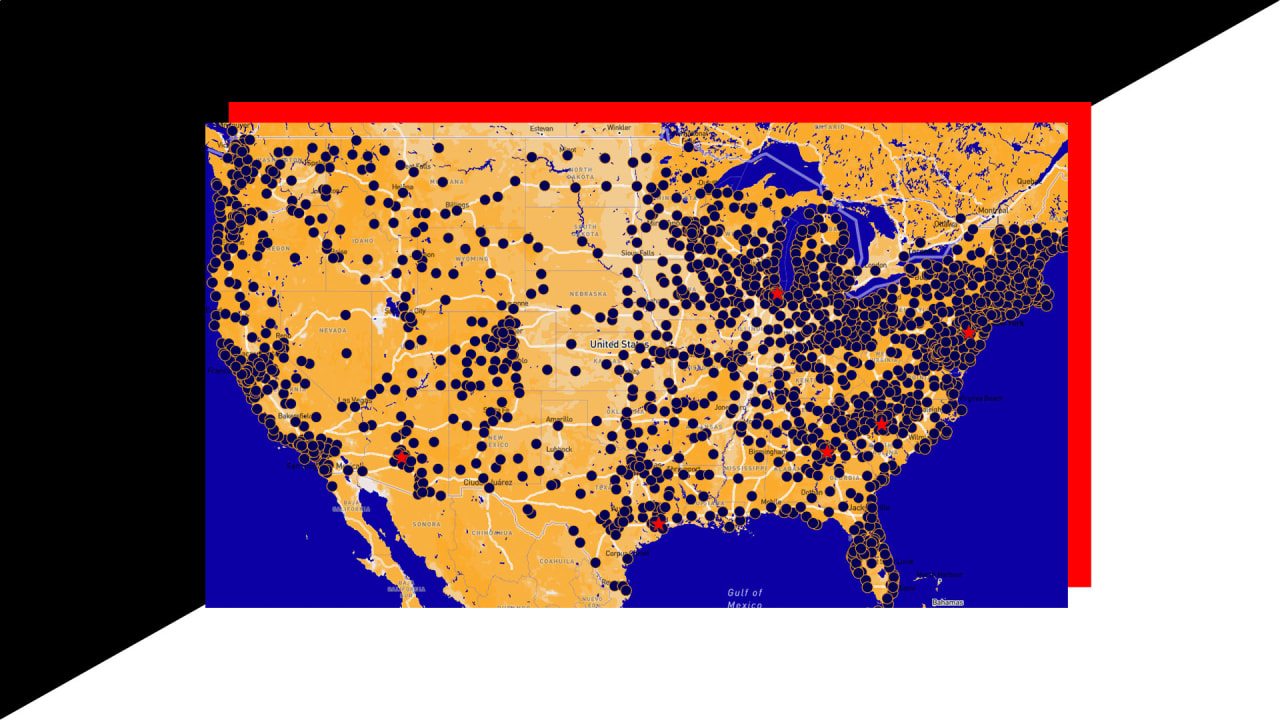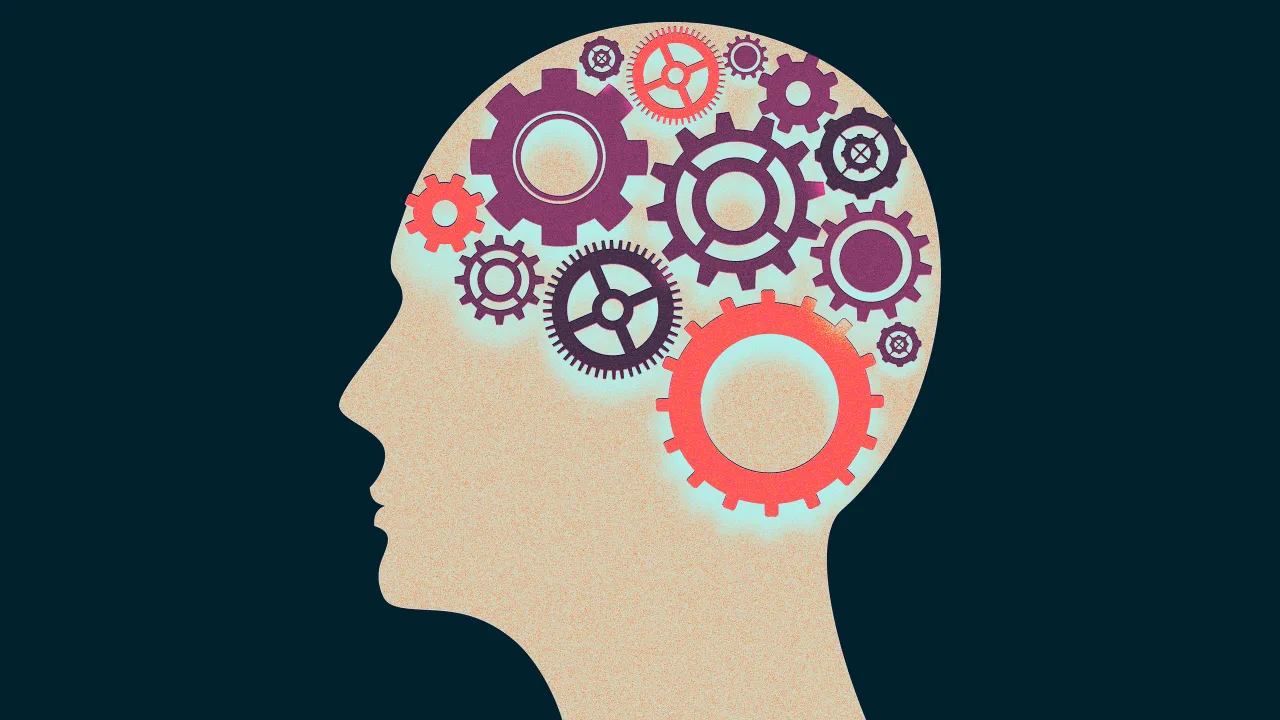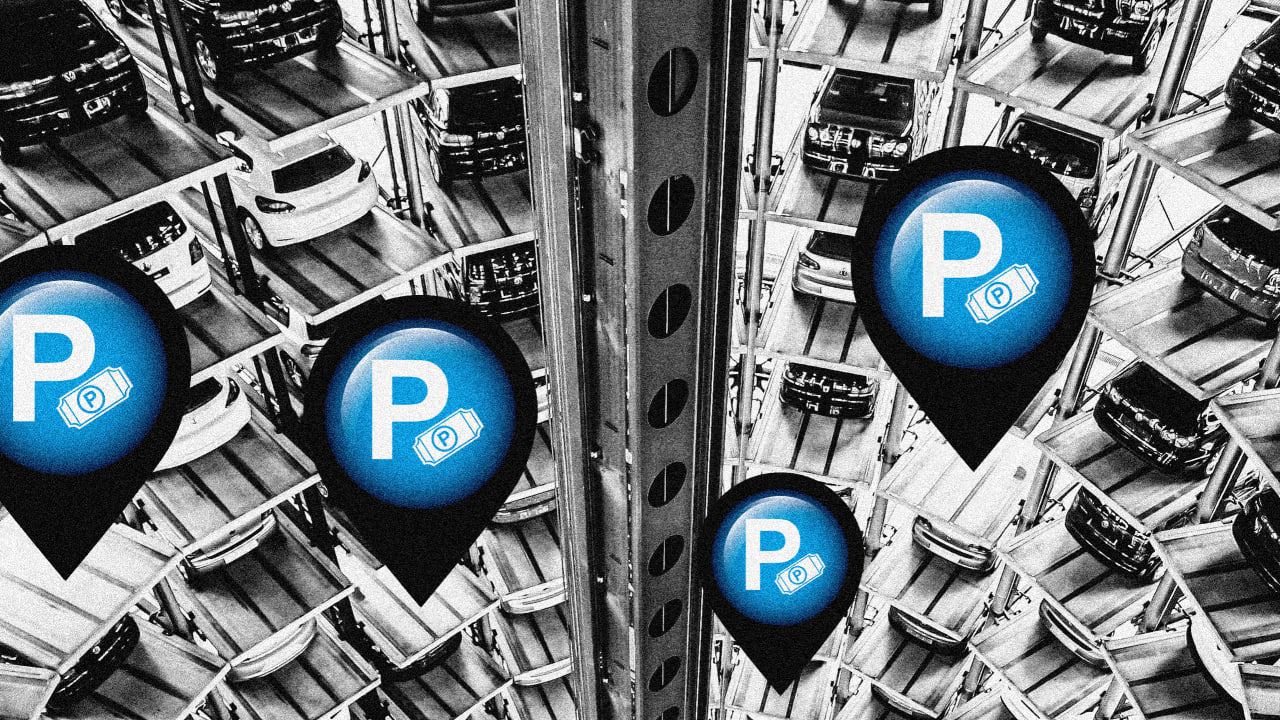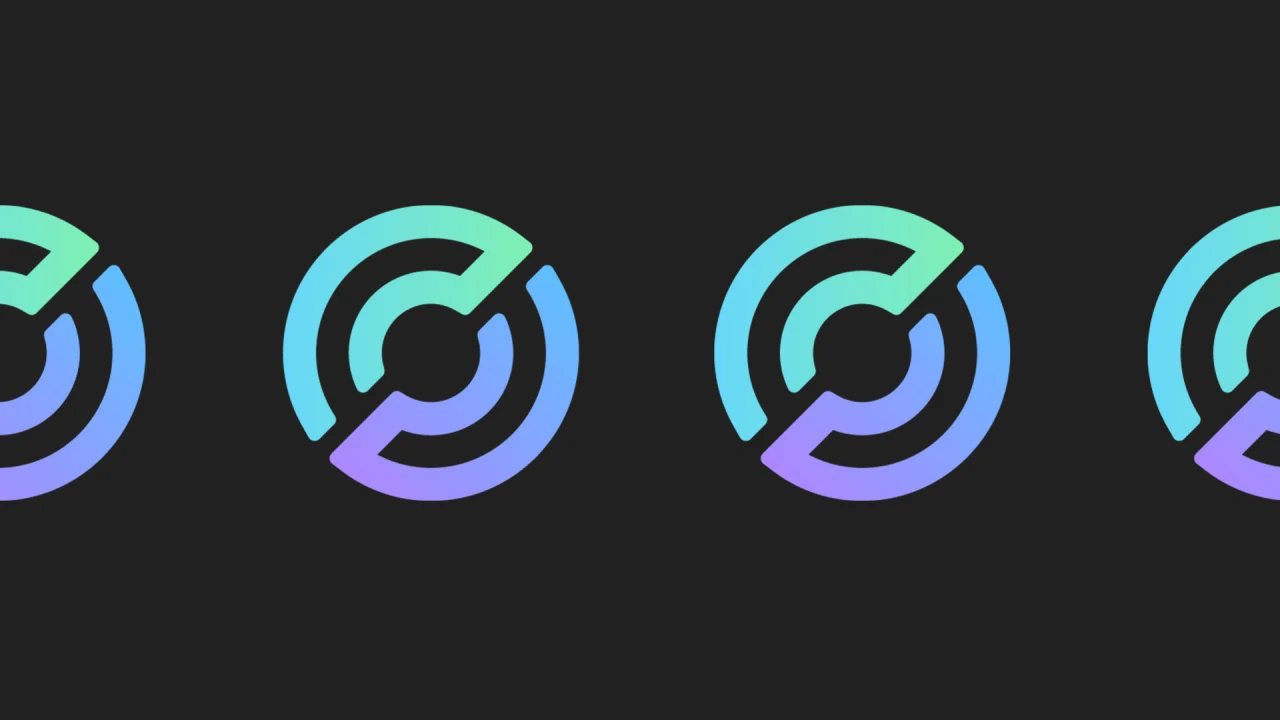Who will build the next generation of digital products?

AI is significantly impacting software development. Programmers write code. Their job is to translate product specifications into text a computer can understand, compile, and execute. There is some room for programming creativity to architect an application to simplify future maintenance or improve performance. However the most creative aspects of digital product development (e.g., mobile, wearable, web, and desktop apps) involve humans, from identifying their challenges when contemplating a product to gathering feedback when refining it. Successful digital products require a team of creative, critical thinkers. A typical team includes product owners, designers, developers, project managers, quality assurance specialists, and marketers.
In recent years, low-code and no-code tools have become more capable, making it possible for non-developers to create prototypes and proofs of concept. AI is taking that to another level with its ease of building and the capabilities of the resulting product.
Quantity versus quality in this new era
Firebase Studio and tools like it generate code, not a black box. Suppose the product fails to meet requirements for any reason. It can then either be regenerated from an altered prompt or maintained like a traditional software project by engineers skilled in the project’s programming language. That kind of troubleshooting and maintenance will benefit from a trained developer’s knowledge and experience.
I’m in favor of tools that help people get ideas out of their heads and onto a device where others can interact with it and provide feedback. Cocktail napkins may be relegated to their more limited wicking roles. But these new capabilities have the potential to rapidly expand the number of available digital products (web products, apps in the App Store, etc.). We could face a quantity over quality challenge with significantly more rough products obscuring the diamonds. Marketing teams will face a greater challenge boosting their product above the noise to be noticed.
Technology and the role of human creativity
The promise for non-developers is compelling, but what about professionals? Digital product professionals with extensive digital product development experience will benefit from advanced AI tools for design exploration, code generation, and test authoring. Drawing on experience, those professionals can direct AI tools to produce higher-quality results than someone with less experience directing the same tools. Lessons learned from prior experience should result in better prompts and, ultimately, better products. A powerful tool in the hands of someone who knows how to wield it can produce excellent results.
A cautionary tale
Decades ago, I was involved in the third rewrite of a struggling software product in the education market. The business owners were convinced their product’s problems were tied to their programming language choice. It was early in my career, and the migration was to a language I enjoyed, so I didn’t think to ask questions.
As with previous rewrites, the feature set remained essentially the same. The basic architecture remained the same. And the team driving the requirements remained the same. Not surprisingly, the rewrite results were also the same. The product was not noticeably faster or easier to use, and customers didn’t like it any more than the previous version.
I learned an important lesson from the project. Technology by itself (in that case, a programming language) rarely moves the product success needle. Solving the right problem with the right basic approach, driven by user feedback and the marketing skills and budget to spread the word, has a far greater impact on the results. The same is true for AI. It is a fantastic tool that bestows the superpower on unskilled people to make really awful software products faster than they ever could before.
Beyond programming: Solve the right problem with empathy
While greater accessibility for non-developers and more powerful tools for skilled professionals are positive, the outlook isn’t all rosy. Currently, AI is best at building products when specific instructions are given. The more detail we provide, the better the results. That is very similar to the programmer’s role. Businesses that currently thrive by turning detailed specifications into functioning software products have the most to lose when AI tools most closely match their skillset.
There is much more to digital product development than programming. Our clients value creative thinking, critical thinking, empathy, and a passion for creating compelling user experiences. Those characteristics are vital in ensuring we’re solving the correct problems for our clients. Less programming effort will be required to build digital products. However, for the foreseeable future, there will still be a significant need for the distinctly human creativity and skills that make products great.
Brad Weber is the founder and president of InspiringApps.
What's Your Reaction?
 Like
0
Like
0
 Dislike
0
Dislike
0
 Love
0
Love
0
 Funny
0
Funny
0
 Angry
0
Angry
0
 Sad
0
Sad
0
 Wow
0
Wow
0






























































































